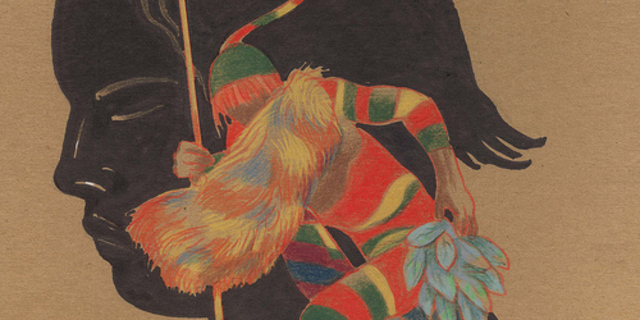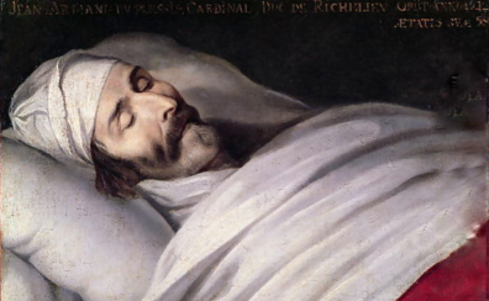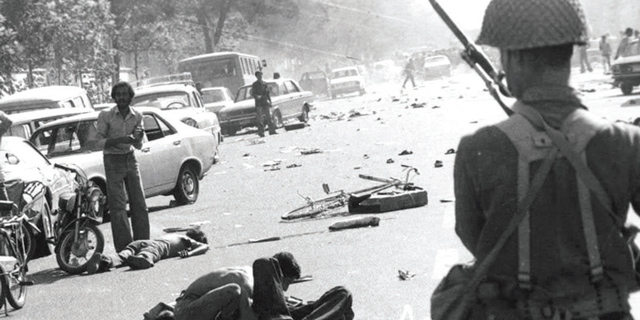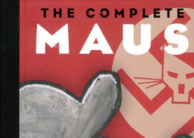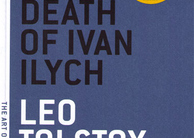Death (tagged articles)Death in John Keats' "Ode to a Nightingale" and "The Eve of St. Agnes"Anne R. Hill - This paper explores Keats’ depiction of death in “Ode to a Nightingale” and “The Eve of St. Agnes.” “Ode to a Nightingale” juxtaposes two types of death. The first kind of death is a drowsy union with nature which allows the... Keep Reading »
Aristocratism and Authoritative Politics in Behn's Oroonoko: The Existential and Socio-Political Semiotics of Death and TortureConner R. Hayes - Aphra Behn’s Oroonoko offers a complex representation of the semiotic and socio-political meaning of seventeenth-century torture and death and the intersectional manner in which physical agony coincides with authoritative colonial politics. The novella’... Keep Reading »
Photo: Alex Block SA-2
Addressing Shortcomings in Afro-PessimismMichael A. Barlow Jr. - Afro-Pessimism forwards a crucially important foundation with which anyone concerned with forming Black resistance strategy should navigate. It accurately understands that Black life exists outside of the traditional humanist metric, and Blackness is rather an ontological... Keep Reading »
"Irreversibility" and the Modern Understanding of DeathJohn Fortunato - Recent advancements in medicine have resulted in technology that allows us to have a better understanding of the essence of life. In turn, this has allowed us to more precisely identify the moment of death through certain criteria, whether through the cardiopulmonary... Keep Reading »
Power, Religion, and Capital Punishment: A Comparative Analysis Between Abolitionist Turkey & Retentionist IranMariam Azhar - Turkey and Iran are both predominately Muslim-populated countries with a history of powerful political leaders who have shaped their societal values and perceptions towards capital punishment. Until the 1920s both countries employed a fairly punitive policy with regards... Keep Reading »
The keyword Death is tagged in the following 14 articles. Expedited Article ReviewSubmit an article and get a decision fast. If you need a fast decision, INQUIRIES Journal offers expedited processing of your submission for a small fee. Depending on the expedited review option you choose, you can receive a decision in as few as 5-days. In addition to a shorter review period, the fee supports the journal's continued operation and open-access publishing model. Standard submissions are always free. Submit Now » - Submit an Article to Inquiries Journal -Inquiries Journal provides undergraduate and graduate students around the world a platform for the wide dissemination of academic work over a range of core disciplines. Representing the work of students from hundreds of institutions around the globe, Inquiries Journal's large database of academic articles is completely free. Learn more | Blog | Submit |


